GLP-1s vs. Compounded GLP-1s: What’s the Difference?


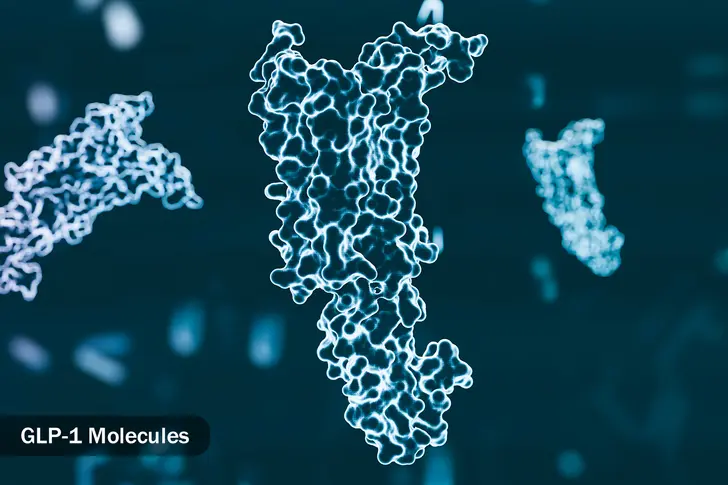
What Are GLP-1s?
GLP-1 is a hormone your body makes. If you have type 2 diabetes, you could be in short supply. Prescription GLP-1 drugs like semaglutide (Ozempic, Wegovy) and tirzepatide (Zepbound, Mounjaro) mimic it. They trigger more insulin production when you eat, making it easier to manage blood sugar. You’ll also feel full sooner at meals, so you may lose weight. They are in such demand that drug companies haven’t always been able to make enough to keep up.

What Is Compounding?
Think of your local pharmacy as the bridge between you and drug companies. Your pharmacist fills prescriptions but doesn’t make the medicines. A compounding pharmacist, on the other hand, can make a customized version of a drug based on the ingredients in its formula to match your unique needs. In other words, compounding is a way to create a medication when the exact drug you need isn’t available.
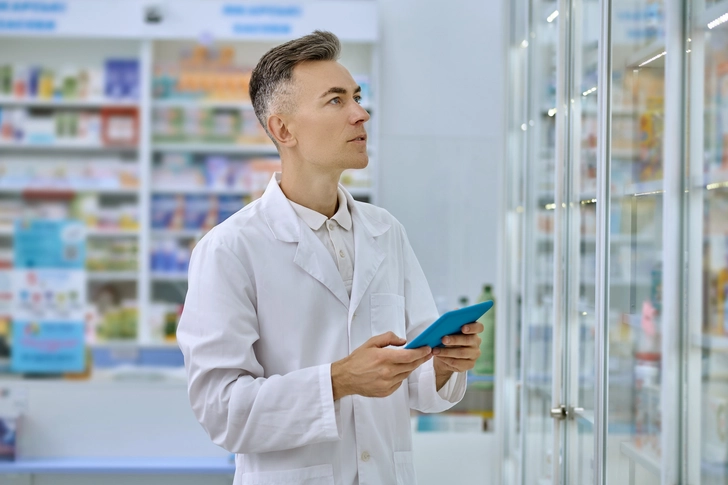
How Are Compounded Medicines Made?
Pharmacists at compounding pharmacies make medications in state-licensed facilities using FDA-approved formulas as the starting point. You might need a compounded medication if the best dose of a drug for you isn’t made by the drug company. Or you might be allergic to a dye in a medication and need a version without it. If you can’t swallow a pill, a compounding pharmacy may be able to make a liquid version of the drug.
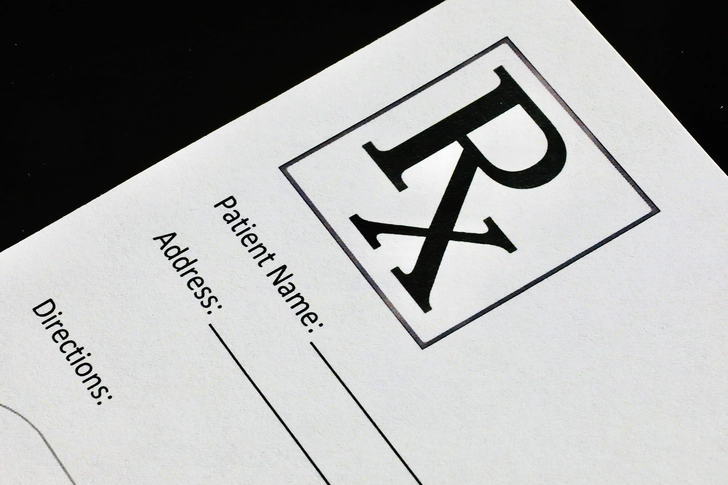
Why Were GLP-1s Available at Compounding Pharmacies?
With the FDA’s permission, compounding pharmacies can also follow the exact formula of a drug to reproduce it when that drug is in short supply. That’s what happened with GLP-1s. Doctors were able to send GLP-1 prescriptions to compounding pharmacies to fill. But as of May 2025, the FDA determined that the shortages were over and that these pharmacies must stop making GLP-1s.

Are Compounded GLP-1s Safe?
The answer is maybe. If a compounding pharmacy follows established guidelines, like those for sanitary conditions, their medicines should be safe. But there have been instances of contamination that led to illness and even death, and not only for GLP-1s. In fact, unsanitary conditions prompted some of the lawsuits brought by GLP-1s drugmakers to stop compounding pharmacies from making them.

Does the FDA Regulate Compounded GLP-1s?
The FDA does not review the safety, effectiveness, or quality of GLP-1s or any other drug made at compounding pharmacies. Because compounded drugs are not FDA-approved, you take them at your own risk. There is an FDA program that registers compounding pharmacies on a voluntary basis, and those pharmacies are subject to FDA inspections. A list of registered outsourcing facilities is available at the FDA website.

What Are the Specific Risks of Compounded GLP-1s?
A big question is how closely a compounding pharmacy follows GLP-1 formulas. Some have used too much of the active ingredient and others too little. Unlike prefilled pens from drug companies, these GLP-1s may come in vials you measure out yourself. Some labels didn’t have enough information, and people overdosed. These concerns led the American Diabetes Association to recommend against GLP-1s from compounding pharmacies in December 2024.

Are Compounded GLP-1s Effective?
If the compounds are identical to the brands, the effects of GLP-1s should be the same. But some people didn’t get the expected results. Wegovy and Zepbound’s makers have sued compounding pharmacies for saying their compounded drugs had the same amount of active ingredient as the brands when they did not. The FDA found that some compounding pharmacies used the wrong form of the active ingredient, which hasn’t been tested in drug trials.
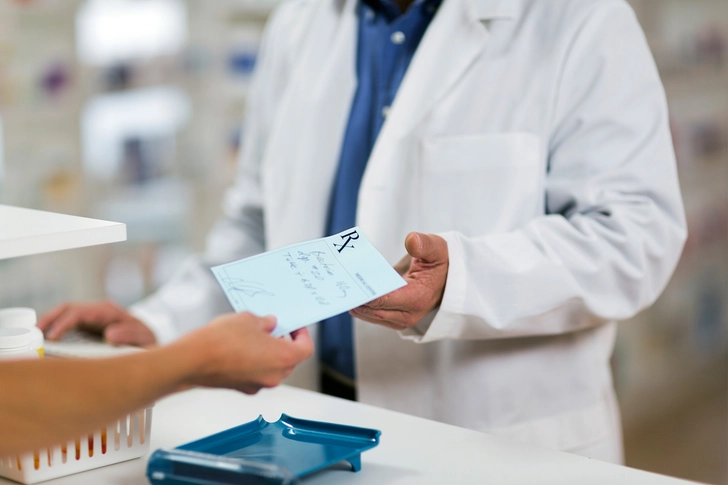
Do Compounded GLP-1s Have Benefits?
Compounded GLP-1s make it possible for you to get these medications when there are shortages. They can be more readily available and a lot less expensive than the brand names, which may not be fully covered by your health insurance plan.

Are the GLP-1s Sold Online Safe?
Some online telehealth companies use compounding pharmacies to make their versions of GLP-1s, but these are also not FDA-approved. In April 2025, Eli Lilly, the maker of Zepbound and Mounjaro, filed lawsuits to stop some of them. It stated that the compounded versions were not the same as the originals although they were marketed that way. With no FDA oversight, they carry the same risks as GLP-1s purchased directly from a compounding pharmacy.

What’s the Future of Compounded GLP-1s?
Because the shortage of GLP-1 medications is over, compounding pharmacies and telehealth companies can no longer sell compounded versions. Some online retailers have entered into agreements to sell one manufacturer’s version of a GLP-1 for weight loss. The price is much more expensive than the compounded drugs were, but still cheaper than the retail price.
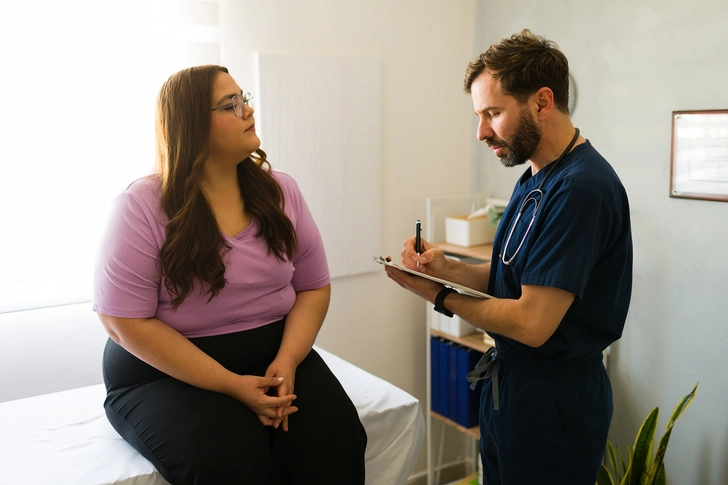
What Should You Do?
If you need to make the switch to the manufacturer’s version of a GLP-1, talk to your doctor. They can help you make sure your prescription is in order and that you’re taking the right dose. They may also be able to help you find a financial assistance plan from the drugmaker. In December 2024, the FDA approved the first generic GLP-1, to treat type 2 diabetes, which may be more affordable.
IMAGES PROVIDED BY:
- iStock/Getty Images
- iStock/Getty Images
- iStock/Getty Images
- Moment/Getty Images
- Moment/Getty Images
- iStock Editorial/Getty Images
- Moment/Getty Images
- Moment/Getty Images
- E+/Getty Images
- E+/Getty Images
- iStock/Getty Images
- iStock/Getty Images
SOURCES:
Cleveland Clinic: “GLP-1 Agonists.”
FDA: “Human Drug Compounding,” “Understanding the Risks of Compounded Drugs,” “FDA’s Concerns with Unapproved GLP-1 Drugs Used for Weight Loss,” “Compounding and the FDA: Questions and Answers,” “Registered Outsourcing Facilities,” “FDA clarifies policies for compounders as national GLP-1 supply begins to stabilize.”
Brown Health: “Compounded Weight Loss Medications: What are They and What are Their Risks?”
NPR: “Eli Lilly sues companies selling alternative versions of its weight loss drug.”
American Diabetes Association: “The American Diabetes Association Announces Statement on Compounded Incretin Products.”
Reuters: “Novo Nordisk to sell Wegovy through telehealth firms to cash-paying US customers.”
American Medical Women’s Association: “Physician Practice Alert: Compounded GLP-1 Drugs Face Imminent Legal Deadlines.”